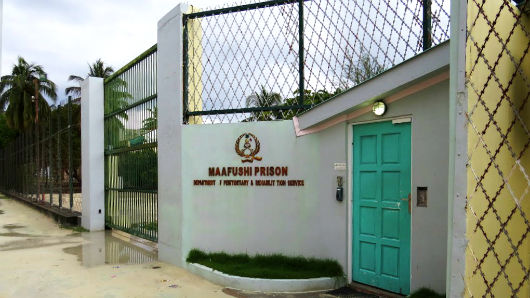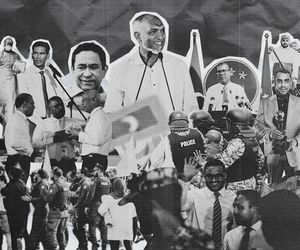Pardoned Maldives prisoners unable to vote
Pardoned prisoners are told what to wear and must stick to a pro-government social media policy.

16 Sep 2018, 09:00
Prisoners released through a presidential pardon last month will be unable to vote because they were registered to cast their ballot in jail, the Maldives Independent has learned.
People can only vote in the place they are registered. Thousands who live overseas, work in resorts or live in the capital with their permanent address elsewhere had to re-register before August 11.
But inmates were freed after voter re-registration closed. The Maldives Independent understands that drug traffickers and child sex offenders are among those released.
Maldives Correctional Service was contacted to ask how many people had been released through the presidential pardon, how many had been released after voter re-registration closed, and how many are registered to vote in jail.
Become a member
Get full access to our archive and personalise your experience.
Already a member?
Discussion
No comments yet. Be the first to share your thoughts!
No comments yet. Be the first to join the conversation!
Join the Conversation
Sign in to share your thoughts under an alias and take part in the discussion. Independent journalism thrives on open, respectful debate — your voice matters.




